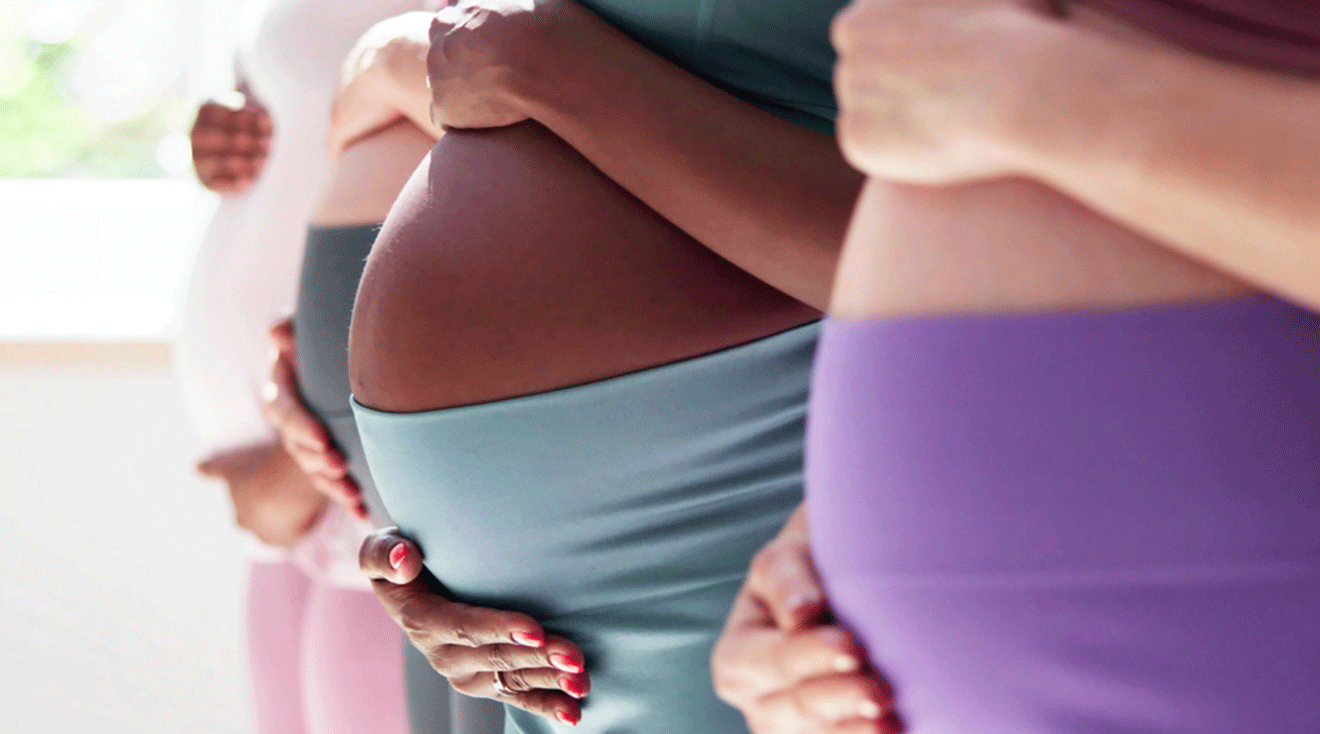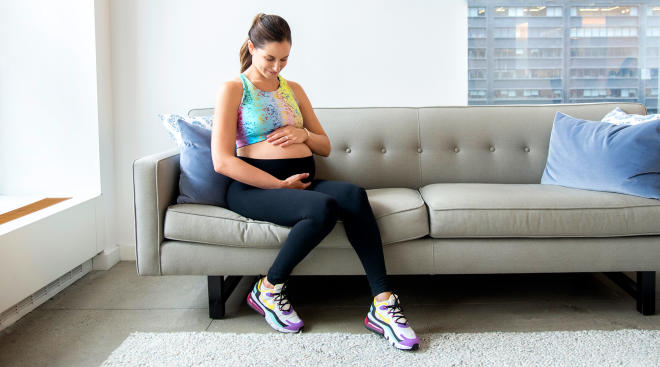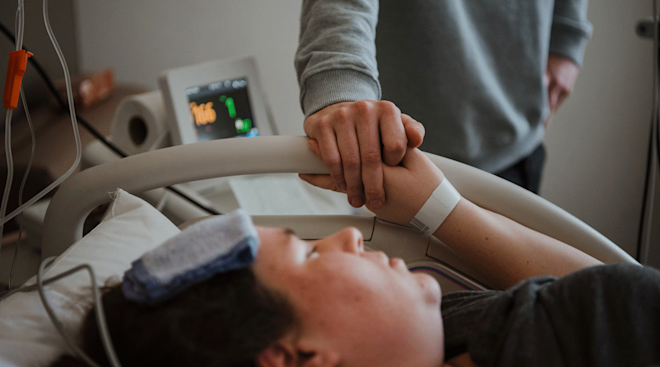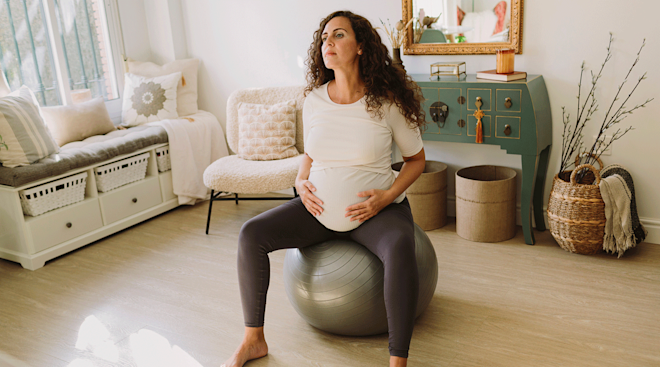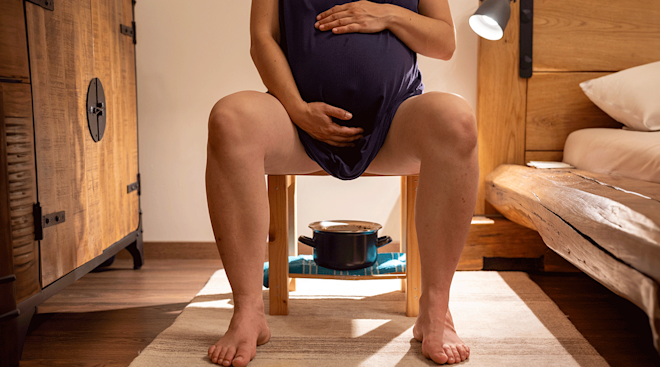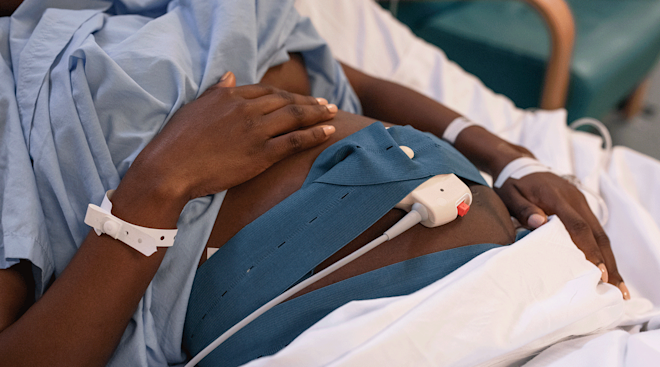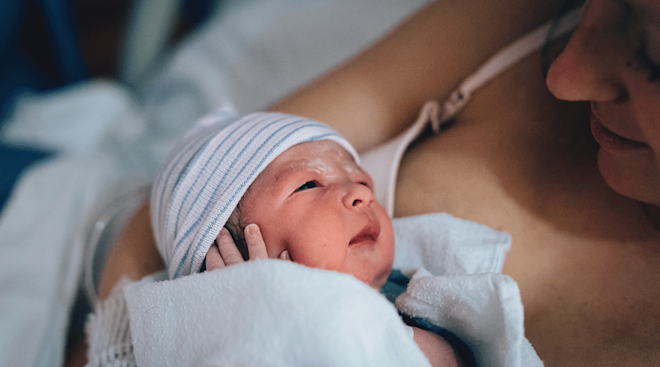Black Moms More Likely to Undergo Unnecessary C-Sections, Study Shows
A new study from the National Bureau of Economic Research is shedding light on a concerning trend: Black mothers are 25 percent more likely to have an unscheduled C-section compared to non-Hispanic white mothers, even when accounting for medical risk factors and socioeconomic characteristics. This disparity, which is highest among low-risk mothers, suggests that decisions around delivery methods are influenced by more than just medical necessity.
What the Study Found
Researchers looked at data from nearly one million births across hospitals in New Jersey and found that Black moms were more likely to have C-sections, even when there were no clear medical reasons to do so. The gap in C-section rates persisted even after controlling for factors such as medical risk, sociodemographic characteristics, hospital and medical practice group. Even when Black mothers and white mothers with similar medical histories saw the same doctor at the same hospital, the Black woman was 20 percent more likely to have to have her baby via C-section.
Delving deeper, researchers discovered that the disparity nearly disappeared when the costs of performing an unscheduled C-section were higher, such as when an operating room was already in use. This indicates that when doctors are under pressure to manage resources more carefully, they may be less likely to recommend a C-section for Black mothers, suggesting that financial incentives and provider discretion play a significant role.
Study Implications
Studies show that unnecessary C-sections can lead to complications like infections, heavy bleeding, longer recovery times, delays in establishing breastfeeding and skin-to-skin contact and increased likelihood of complications in future pregnancies. This is especially concerning for Black moms, who already face higher risks during pregnancy and childbirth.
So, if the medical risks that go along with C-sections are greater, why are doctors recommending them more often for Black mothers? Study authors and experts believe it may be due to a combination of racial bias and financial incentives (C-sections are often more profitable for hospitals). The way this racial bias contributes to more C-sections could be a result of several things experts suggest. Doctors may be eager to perform C-sections for Black Women as they are worried about the racial disparities in childbirth outcomes. Black mothers may also feel uncomfortable advocating for their needs, and when they express their concerns, studies have shown Black mothers are less likely to be heard and have their concerns addressed.
What Can You Do?
While parents-to-be shouldn’t have to advocate for equal care, if you’re expecting or are expecting to support a partner or loved one through their birth journey, it’s important to know your options and feel comfortable speaking up. Don’t hesitate to ask your doctor why a C-section is being recommended or get a second opinion if you are unsure. It also helps to have a birthing advocate on hand and a clear birth plan with multiple options depending on changes. Learn more about how to advocate for yourself or your loved one as a Black patient in the delivery room and beyond.
Navigate forward to interact with the calendar and select a date. Press the question mark key to get the keyboard shortcuts for changing dates.

































